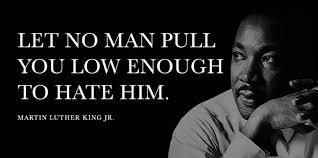‘Where Do We Go From Here?’ Martin Luther King’s question rings forth. As do his teachings on power and love by Andrew Nikiforuk, June 5, 2020, TheTyee.ca
Tyee contributing editor Andrew Nikiforuk is an award-winning journalist whose books and articles focus on epidemics, the energy industry, nature and more.
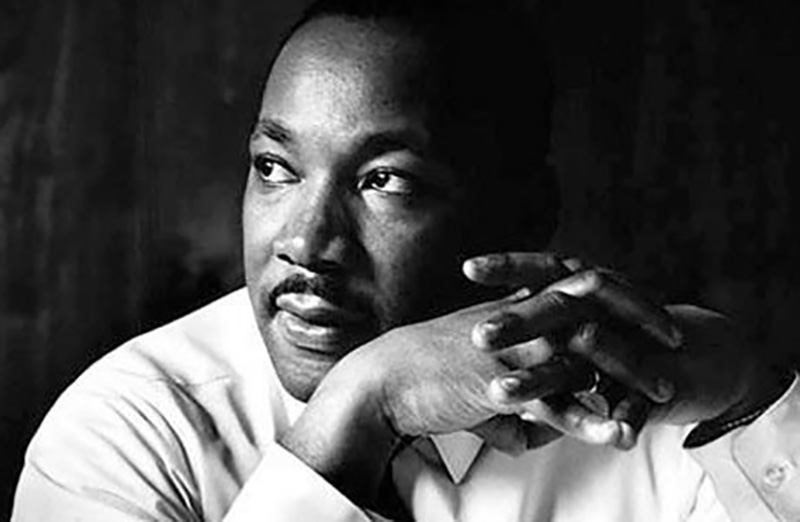
A year before his assassination Martin Luther King talked about power and its many abuses.
The great civil rights leader and preacher said one of the great problems of history was our notion that love and power were polar opposites.
Power, properly understood, was nothing but the ability to achieve purpose, said King. “It is the strength required to bring about social, political and economic change.”
“Now, we got to get this thing right. What is needed is a realization that power without love is reckless and abusive, and that love without power is sentimental and anemic.”
He spoke with customary eloquence. “Power at its best is love implementing the demands of justice, and justice at its best is love correcting everything that stands against love.”
Too often Blacks sought justice “through love and moral suasion devoid of power” while white Americans protected their privilege “through power devoid of love and conscience.”
He called the “collision of immoral power with powerless morality” the major crisis of our time.
That crisis, the shameless abuse of power by those that hold power, has never left us.
The ruling class of the United States increasingly exercises immoral power and has abandoned the people, as failing governments inevitably do. An infantile and immoral president, whose father rallied with the Ku Klux Klan, daily illustrates how reckless and abusive power can be. In the shadow of the president’s bullying the media can’t even ask the right question. How can a narcissist love any other American but the infant-in-chief?
But Trump only symbolizes the depth of the moral, economic and political decay conservative and liberal elites have ignored for decades.
And so, as King once asked the people, where do we go from here? Chaos or community?
The pandemic knocks
A pandemic arrives at the doorstep of a once great but divided nation. The virus begs for collective action, rigorous science and leadership. America’s bickering elites deliver instead conspiracy theories, partisan politics, scapegoating, lies and financial help for the rich.
Even the Centers for Disease Control and Prevention can’t produce a competent test as the virus advances. America’s globalized marketplace fails to address critical shortages in critical medical gear.
A loss of confidence in state institutions grows.
More than 40 million Americans are unemployed and the lines at the food banks grow longer by the day.
Having cannibalized the nation’s institutions of their moral purpose, a weak president lets ordinary people fend for themselves in a fractured land.
People of colour die by the thousands in the pandemic, because people of privilege now exercise power with the callousness of Roman emperors.
So, asks the spirit of King, where do we go from here?
The (latest) murder
In Minneapolis a policeman murders a Black man by pressing his knee on the back of his neck for eight minutes and 46 seconds. George Floyd pleads for his life, and gasps, “I cannot breathe.” Sixteen times.
Three other officers play deaf. They deny they have consciences. They act as accomplices to murder.
The police have killed 400 U.S. citizens in 2020. In 2019 they killed 1,100 or three people every day. Nearly a quarter of those killed were Black citizens even though they only represent 13 per cent of the population. Among all who were unarmed when killed by police, the proportion of Blacks is two and a half times higher than for whites.
The U.S. judicial system rarely charges the police with abusing their powers and using excessive force.
But as William Cullen Bryant, a white abolitionist during the time of U.S. slavery and a poet often quoted by Martin Luther King, wrote: “Truth, crushed to earth, shall rise again.”
Crusher of truth
Outside the White House, Donald Trump, the Barnum and Bailey of discord, walks to a burned church carrying a bible. The foul-mouthed, pussy-grabbing salesman struts like a celebrity on reality TV because that’s all he is. In his provocative emptiness, the unbeliever mocks God in all of her glory.
Mayhem’s apprentice tweets and calls for the military to dominate the streets.
This time the military defend the Constitution and ignore the call.
But as the poet warned, “Truth, crushed to earth, shall rise again.”
The colonial witness
Canadians, inhabitants of a colonial society in widespread denial about racism, watch like spectators at a car crash as the protests spring from city to city.
The colonials forget that 30 per cent of the young men in our prisons are Indigenous. They represent five per cent of the nation’s population.
Our historical dementia is American in scale. Just weeks before the pandemic Canada’s divisions displayed themselves as protests shut down rail traffic over racial injustice and the use of militarized police.
But as the poet warned, “truth crushed to earth shall rise again.”
The age of discord
Political instability moves like a pandemic wave. It approaches from a distance and then engulfs and drowns your community.
Historians examine the past to try and parse the signs of bad political weather rolling towards us. They find that the currents of political violence are twisted and cyclical.
The historians line up the usual suspects. They begin with growing economic inequality.
They document tax breaks for the rich and the viral growth of millionaires armed with planes and yachts.
They document stagnant wages, and the cumulative immiseration of working people since the 1970s.
The academics write about political fragmentation and polarization as though they are flawed circuitry in commodities in need of sending back to an Amazon warehouse. They document the failure of government to repair itself, its agencies instead cycling through loops of shirking, finger-pointing, stonewalling.
One historian, Peter Turchin, finds a giant glitch in the system. He calls it “elite overproduction” — a moment when a society breeds to have too many ambitious and aspiring elites and too few political positions.
So, the surplus elites make their own trouble. They exploit divisions and construct popular crusades against experts and science. They create mafia states.
They divide the rural from the urban; the white from the Black; the professional from the essential; the rich from the poor; the left from the right; the believer from the athiest.
Ultimately, they mine the anger of the many to advance their legalized looting and political climbing.
Turchin calls that “when a large class of disgruntled elite-wannabes, often well-educated and highly capable, have been denied access to elite positions,” the ugliness really begins.
Armed with Big Data on cycles of political violence, Turchin makes a call in 2010: “We should expect many years of political turmoil, peaking in the 2020s.”
In June of 2020, the journalist Chris Hedges calls the treason of the ruling class: “The longer the ruling elites refuse to address the root causes behind these protests, the more they loot the treasury to enrich themselves and their fellow oligarchs, the more they engage in futile and absurd efforts to deflect blame, the more unrest will spread.”
And where do we go from here?
The preacher again
Some say that only violent shocks can level the playing field in corrupt societies.
Others say revolution, state failure or collapse will prune the rotting branches, and restart the cycle.
Others say Mother Nature will reboot the system with a pandemic more lethal than COVID-19.
A few advise that a determined and focused people can combine love with power and forge a difficult recovery.
In 1967 Martin Luther King warned that hate delivers chaos.
“Through violence you may murder a murderer, but you can’t murder murder,” he said.
And the crowd shouted, “Yes.”
“Through violence you may murder a liar, but you can’t establish truth.”
And the crowd shouted, “That’s right.”
“Through violence you may murder a hater, but you can’t murder hate through violence.”
And the crowd shouted, “All Right.”
“Darkness cannot put out darkness; only light can do that.”
King said that he saw the hate on the faces of Klansmen, sheriffs and politicians and how it distorted their humanity.
“I know that it does something to their faces and their personalities, and I say to myself that hate is too great a burden to bear.”
And the crowd, having seen it too, responded, “Yes, that’s right.”
The preacher then said: “I have decided to love.”
And now in this age of growing discord at the beginning of a pandemic we must decide, as Martin Luther King once asked, “Where do we go from here?”

Love vs Frac’ing

The people of the Republic of Ireland fought hard and long to keep hydraulic fracturing out, and won. The gov’t there, still democratic, listened to the people and criminalized frac’ing. The Irish chose love as their weapon of choice to protest Tamboran (the company from Calgary Alberta that intended to divide, conquer and frac them), their gov’t and deregulator (legally immune EPA).
One of the groups that organized to keep frac’ing out named themselves “Love Leitrim” to boldly show their weapon of choice.
The photo below is of a heart of lights at night up in the hills visible from the Rainbow Ballroom of Romance and many other areas, installed to show the Irish love and dedication to protect country, communities, local businesses, people and future generations from frac’ing.
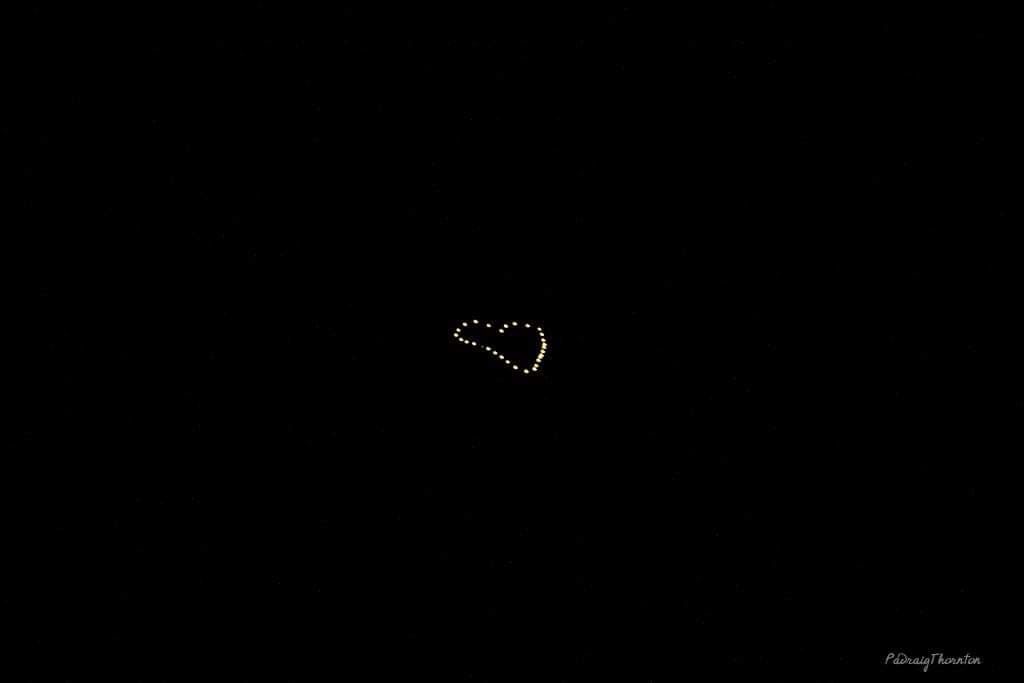
2012: Jessica Ernst packs hall at Ballroom of Romance
Ernst argues that Ireland should “do a conservative socio-economic assessment of what Ireland stands to lose — in current jobs, industry, your infrastructure, your health. And even the water itself. What is the value of Ireland’s rivers and loughs? Often in these things, we look at the supposed short-term gains, but we don’t look at what we put at risk.” When asked what she would suggest as a course of action for Ireland on fracking, her message is simple: wait.
“The best advice I can give to people in Ireland is that the wise man learns from the mistakes of others. Watch the mistakes happen everywhere else,” she says.
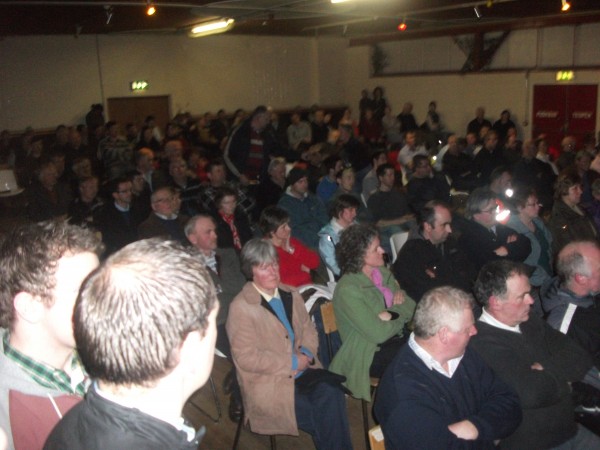
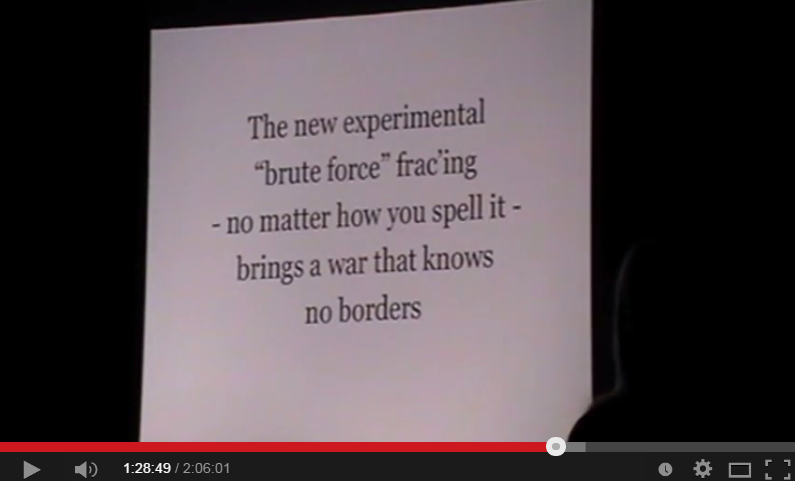
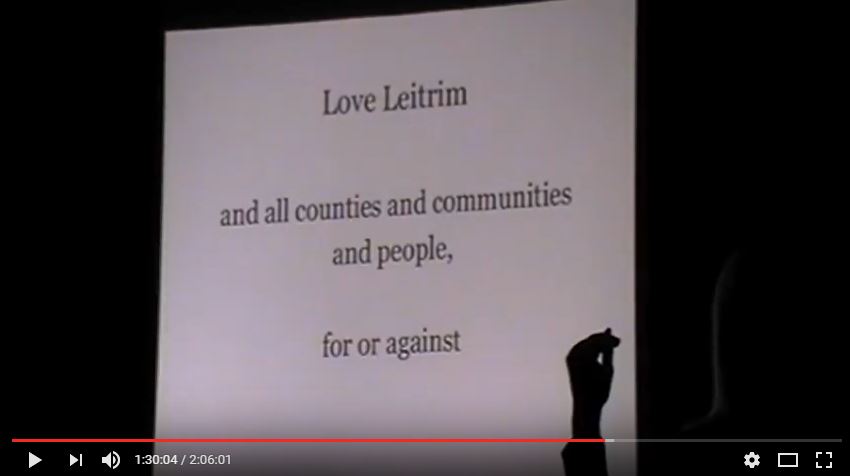
Slides above from Ernst’s talk in the Ballroom of Romance in 2012
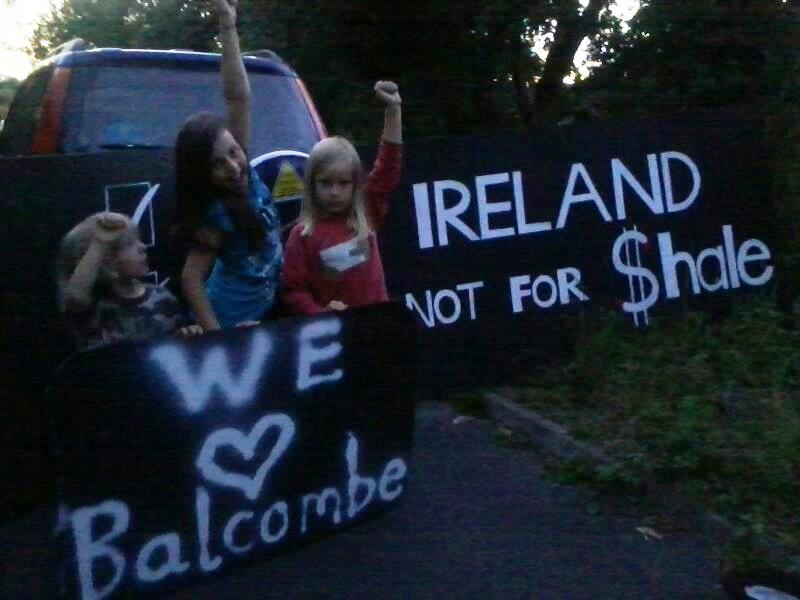
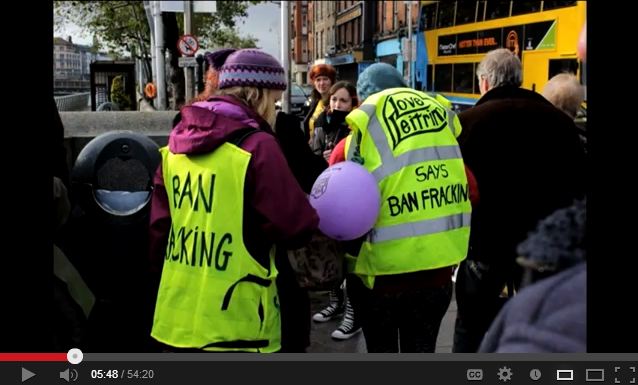
2013:
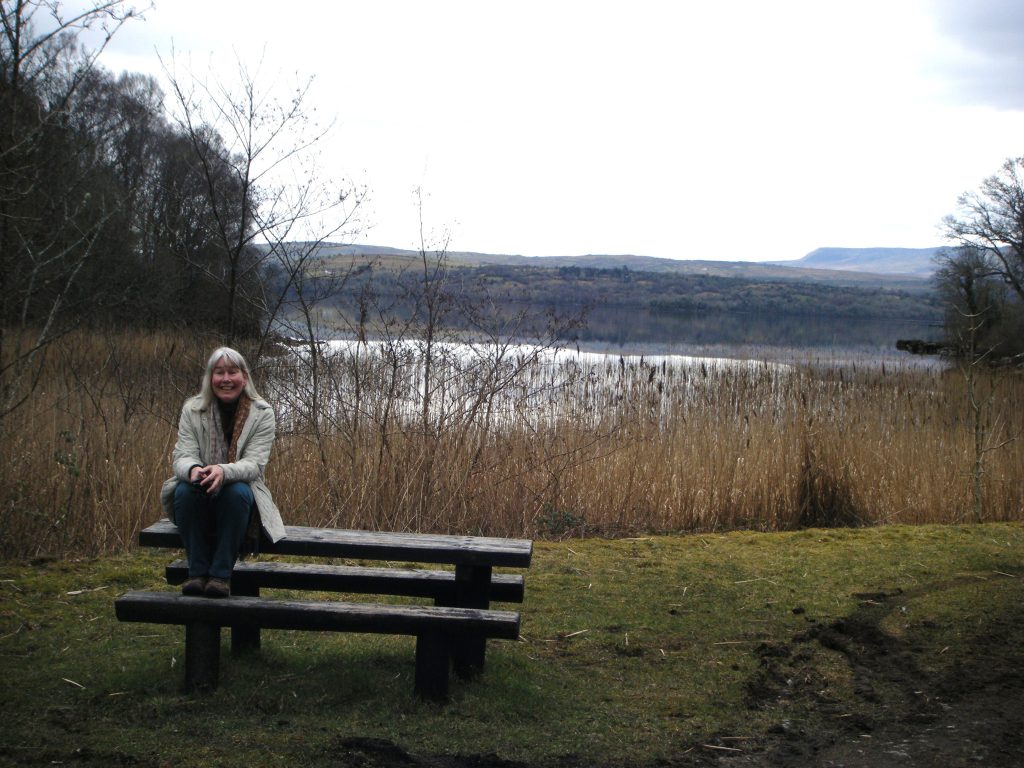
Jessica Ernst taking a break by Lough MacNean on her 2013 UK and Ireland speaking tour.
Lough MacNean is a large freshwater lake on the border between Northern Ireland and the Republic of Ireland. It is in two parts. Lower Lough MacNean, the smaller eastern lake, is wholly within County Fermanagh. Upper Lough MacNean, the larger western lake, is split between Fermanagh, County Cavan and County Leitrim.
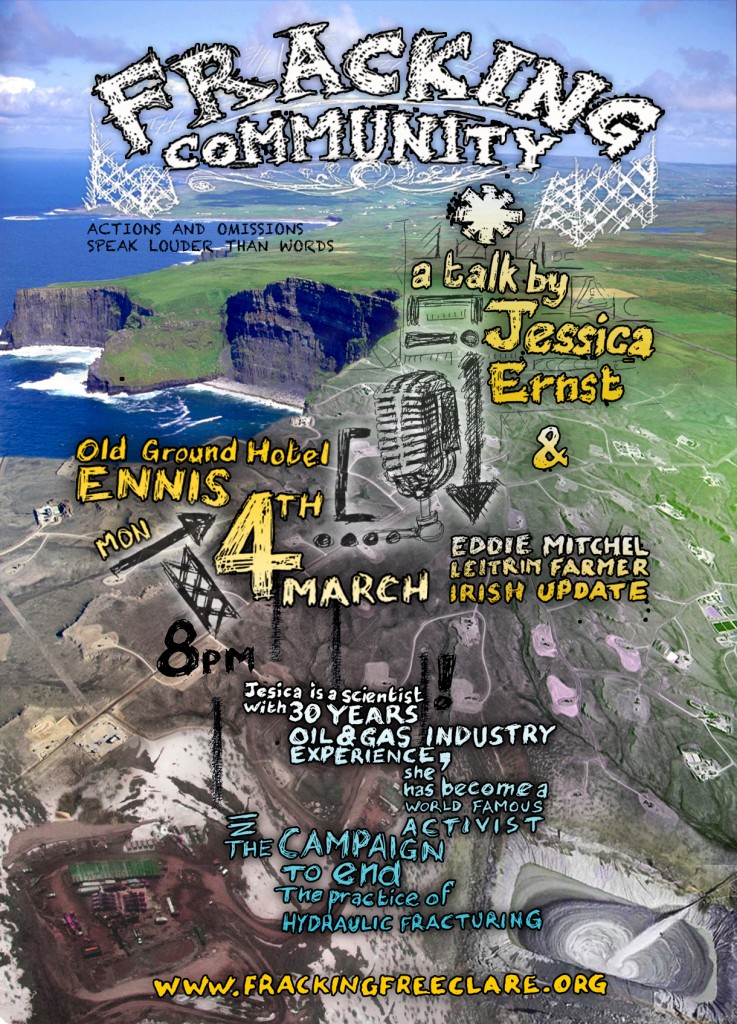
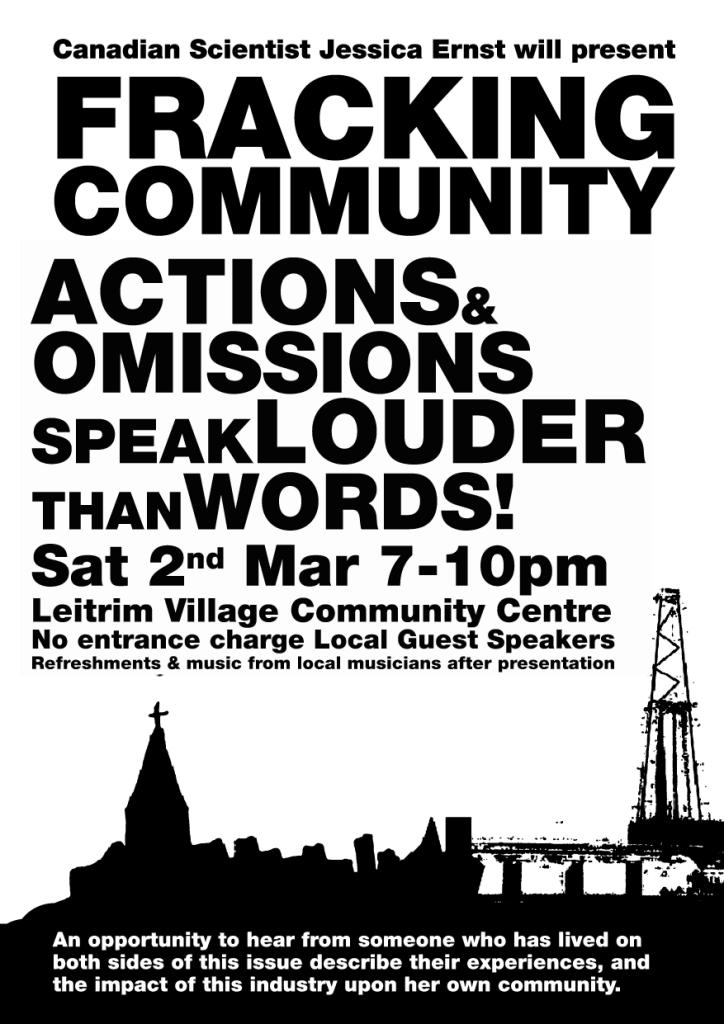
2017 06 28 Ireland Seanad passes fracking ban
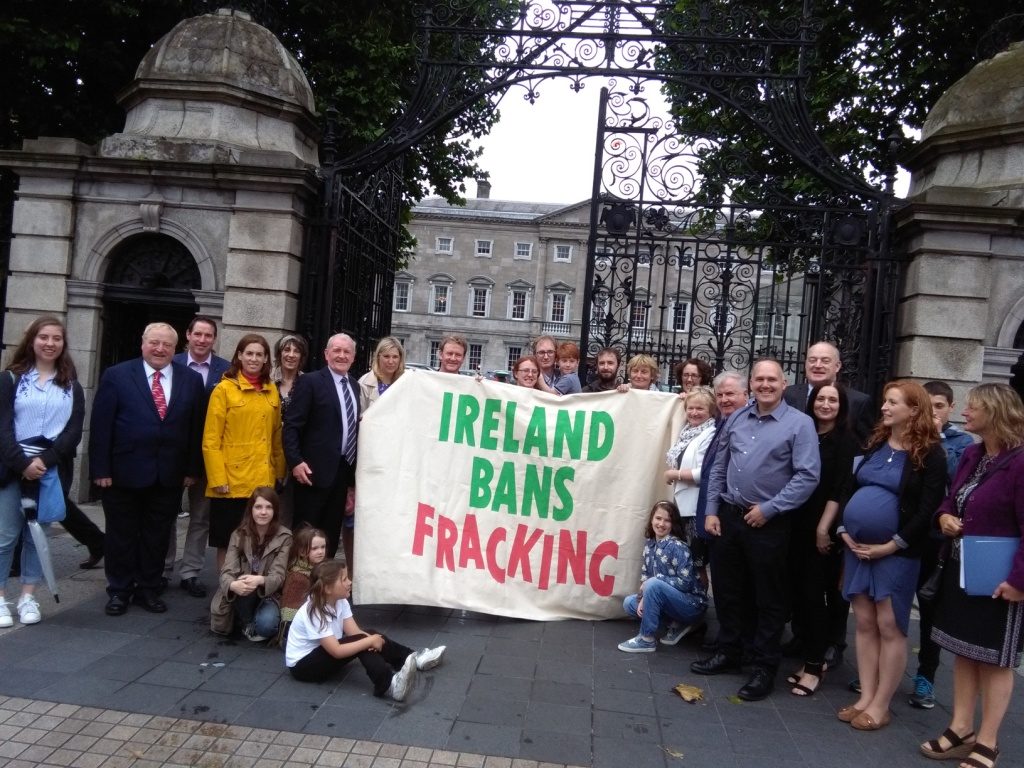
2017 Jessica Ernst UK Speaking Tour and Ireland Frac Ban Celebration
October 9: Malton, North Yorkshire:
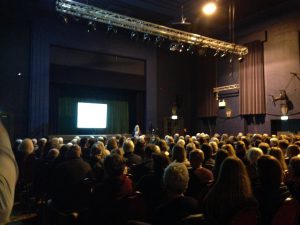
And then, to the frac ban celebration in Ireland!
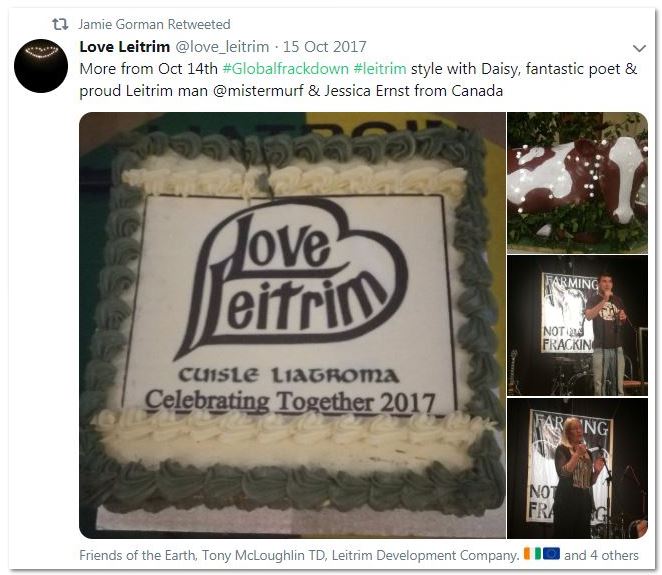
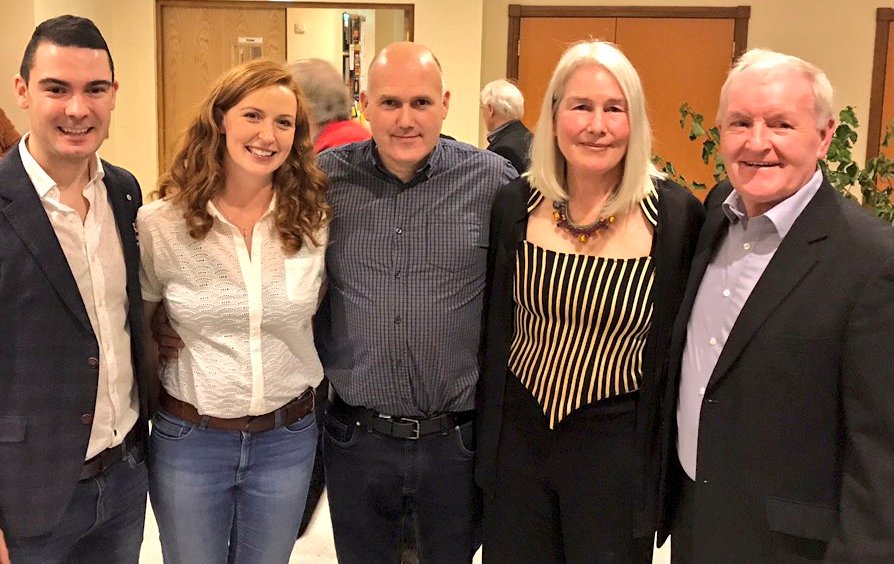
2017 10 14: Left to right: Blaine Gaffney, Kate Ruddock, Tony McLoughlin TD (The Irish politician who introduced the bill that criminalized frac’ing in Republic of Ireland), Eddie Mitchell, and Jessica Ernst attend Ireland’s Frac Ban Celebration, Rainbow Ballroom of Romance, Glenfarne
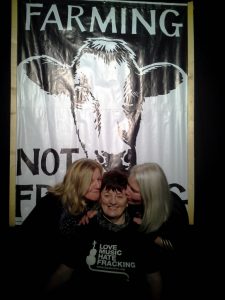
Left to right: Andi, Ger and Jessica at the frac ban celebration
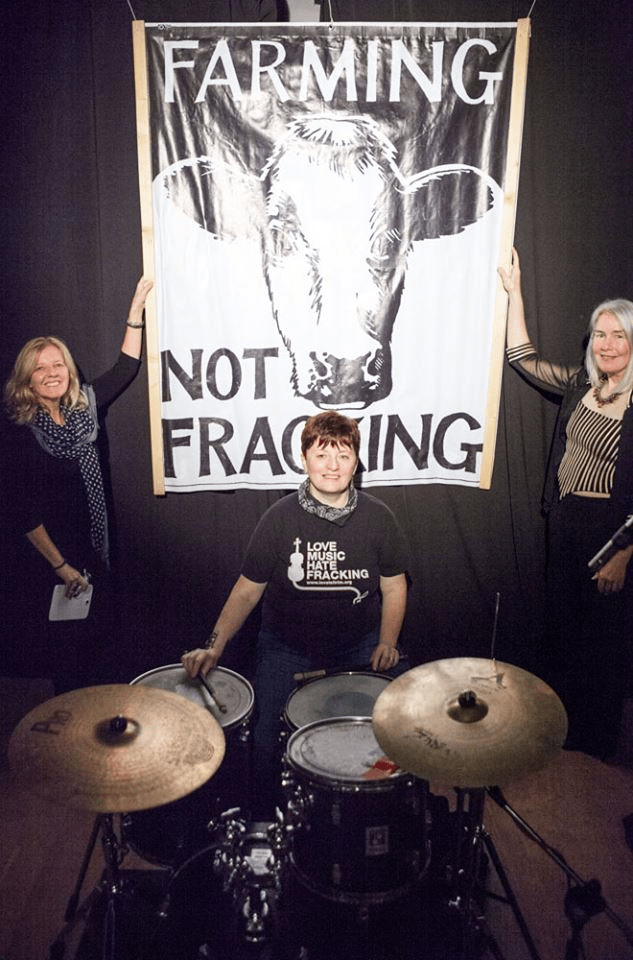
2019: Jessica Ernst Submission to “No Fracking Fermanagh” (Northern Ireland) Petition
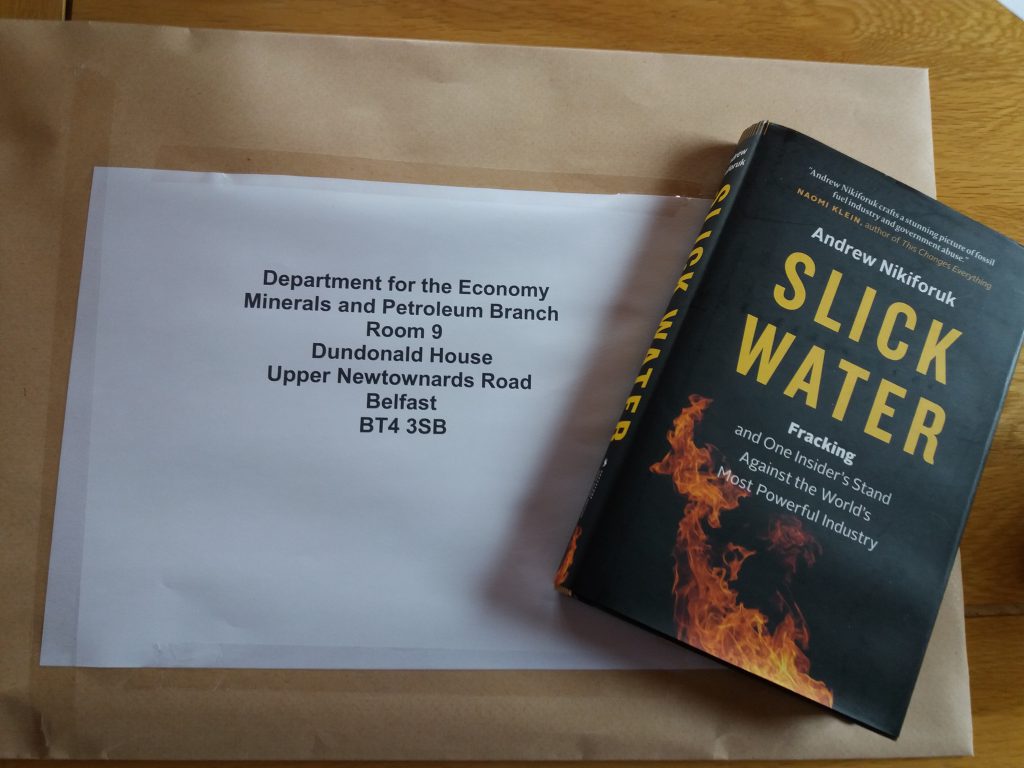
Photo above: Submission by a citizen in Northern Ireland
2020: Bravo Northern Ireland! And then there were none.

2012: Jess on her beloved prairie land with the old Rosebud River running through it (exhausted, on the day after she returned from her 2nd speaking tour in Nova Scotia).

In my view, the establishment’s purpose with donald trump, jason kenney (and his UCP and their enablers like matt wolf), stockwell day, doug ford, steve harper, andrew sheer, peter mackay, supreme court of canada justice rosalie abella, murray klippenstein, etc., is to feed hate and rage, and therewith divide and conquer the citizenry to ensure increased corporate exploitation & profit-taking.
It’s harder to love than hate, especially those we trust(ed) who harm and betray us (and the public interest).
Love is a choice; it’s more powerful than hate and always victorious, just often not in our lifetimes.
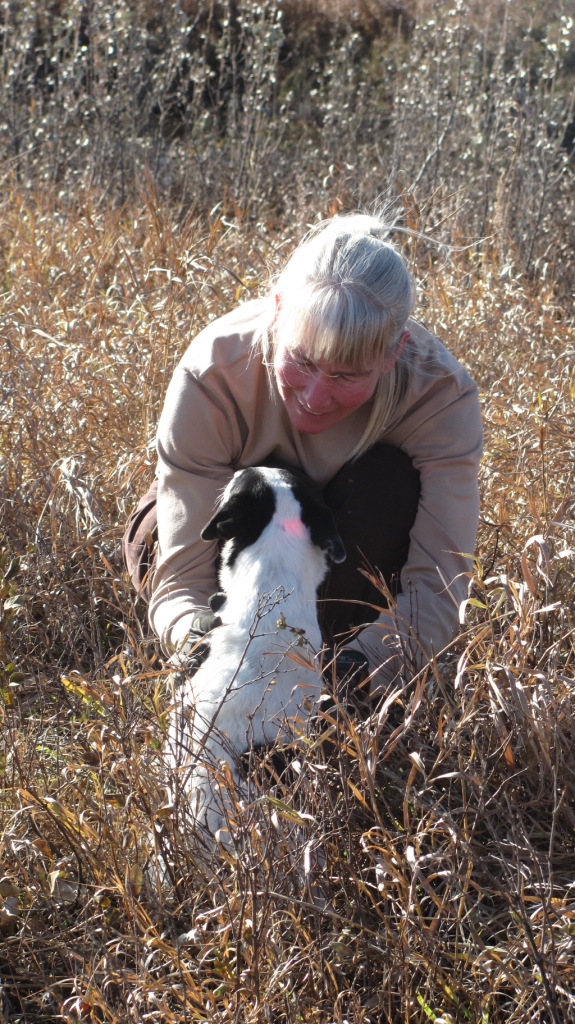
Love in Action: Jess & Magic on their frac’d land at Rosebud, Alberta
(I see my lawsuit as Love in Action too, for the world.)
